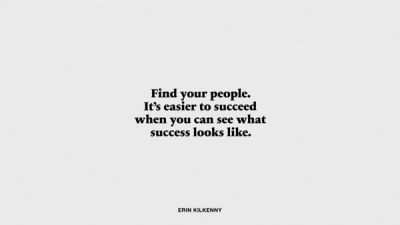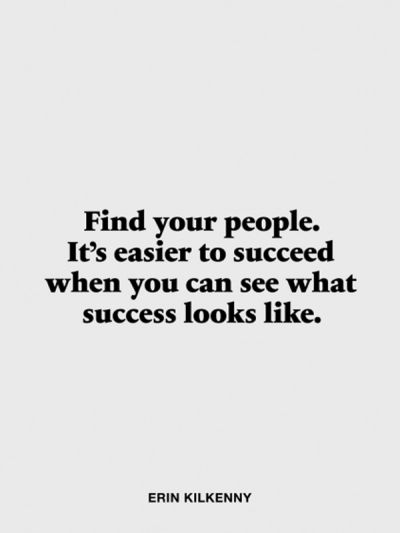
Design List: 4 Tips for Producing Great Creative Work
Experimental animations! Brilliant Design! World-changing strategy! Let’s face it: From the outside looking in, agency life can seem like a glamorous world of nonstop creativity. But as any producer will tell you — there’s a lot that needs to happen behind-the-scenes to take a project from a great idea to delivered project.
In an industry where exceptionally creative work is expected under tight project teams, tight budgets, and even tighter deadlines, it takes more than just good ideas alone to save you. To this end, a good producer is worth their weight in gold. So, what makes a good producer?
For our latest design list, the Trollbäck editorial team sat down with some of our top producers to get their thoughts on how to make creative magic happen.

1. Support Your Team
One of the most important things to keep in mind when producing great creative work seems pretty straightforward: Play nice with others.
“A big skill as a producer for me, is being able to work well with others,” says Kevin Anderson, who’s been leading projects in the industry for over a decade. “I always knew that I wanted to work with groups of people, not just on my own.”
But doing so in a creative agency or studio takes a unique skill set, says Anderson. Not only does it mean staying in close communication with your team of designers, writers, art directors, strategists, and others — it means supporting them when things get tough.
“Usually, we try to keep creatives on one project at a time, or at least for that day,” Anderson explains, a tactic that helps give creative people the creative space they need to, well, create. Protecting your teams’ time, keeping them busy, and knowing each person’s pace and talents is also a must-have skill for the industry.
“We’re always having discussions about who’s best for what,” Anderson adds, ”Because everyone has a different skill set.”

2. Use Your Words
Another valuable skill set to leverage as a producer: Your pivotal role as the team’s in-house client-whisperer.
“The words we use to convey things, or share a review, or submit something for final approval really influences how it’s received,” says Betsy Jones, senior producer here at Trollbäck. “I feel like half the battles are in those tiny words, or in the nuances of a phrase.”
Understanding those nuances takes detail and attention, says Jones. It means proactively checking in on clients’ expectations, understanding their company culture, and asking plenty of questions at every call and review.
“That’s the tipping point between the client feeling unheard versus them feeling like we are really thinking about what they want,” says Jones. “The battles are won and lost in the words.”
Other tips include always writing out detailed SOWs and deliverables lists as a project begins, learning how to ask for constructive (not emotional) feedback, and always asking for additional client requests and input in writing.

3. Keep Things Flexible
When it comes to producing great creative work, the old adage about planning is often true…
“In cliché terms: the best-laid plans of mice and men often go awry,” says producer Daniel Graf. “You’ll make a schedule, and divide a project up into phases. You’ll do all of that. But it will change.”
That’s why the best producers always have a backup plan — or two, or three. They also know how to avoid a disaster, says Graf, for example, keeping creatives’ options and alternatives under control when presenting.
More importantly, a good producer should always be willing and able to pick up the slack wherever they can, and enjoy the ride, wherever it takes them.
“As producers, we sort of do everything,” says Graf. “One minute, you’re pulling Post Malone stock imagery, then the next you’re sending bids to clients for a new font weight. You really don’t know sometimes what you’re going to do when you walk in the door.”

4. Work Hard, Be Nice
Finally, as a producer, it’s essential to understand that personal relationships are super important — whether it’s maintaining long-term client relationships, to maintaining a solid list of go-to freelancers and talent to tap into when things get tough.
As a producer, you’re often the team’s primary problem-solver, therapist, and mediator. Expertise in the industry and a positive attitude is a must.
“I love the resourcefulness of producing,” says Jones. “It’s always like: ‘Okay we’ve got this thing. So how can we make it work?’ It’s fun to figure out how to work things out between different personalities on a team. Even if there is a hiccup or something goes wrong, you always have to be like: ‘Now, how do I piece this together?’”
“Being a producer is really strategic in a way,” Graf adds.
Anderson agrees. “Every day is different, and every day there are bumps in the road. Working on something with the team and then quickly being able to put it to bed and move on to something else is great. There’s no other job like it.”
Explore more
New business inquiries.
How can we help?
NYC 11:05
STK 05:05
LA 08:05
Get our newsletter
Sign up for updates,
insights, and inspirations
from our studio.




